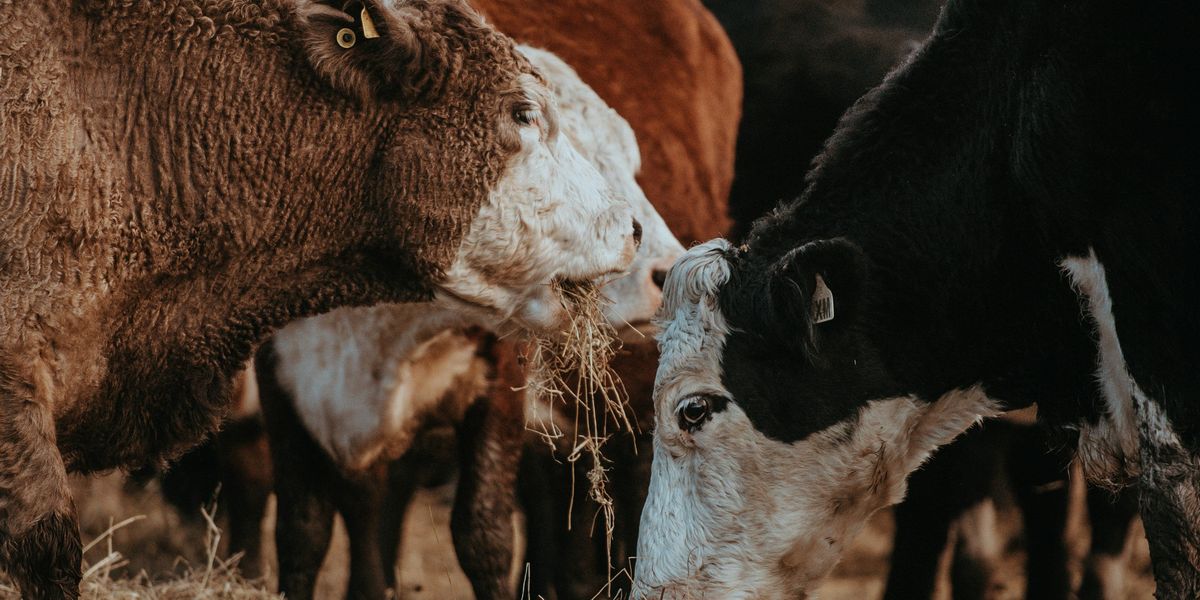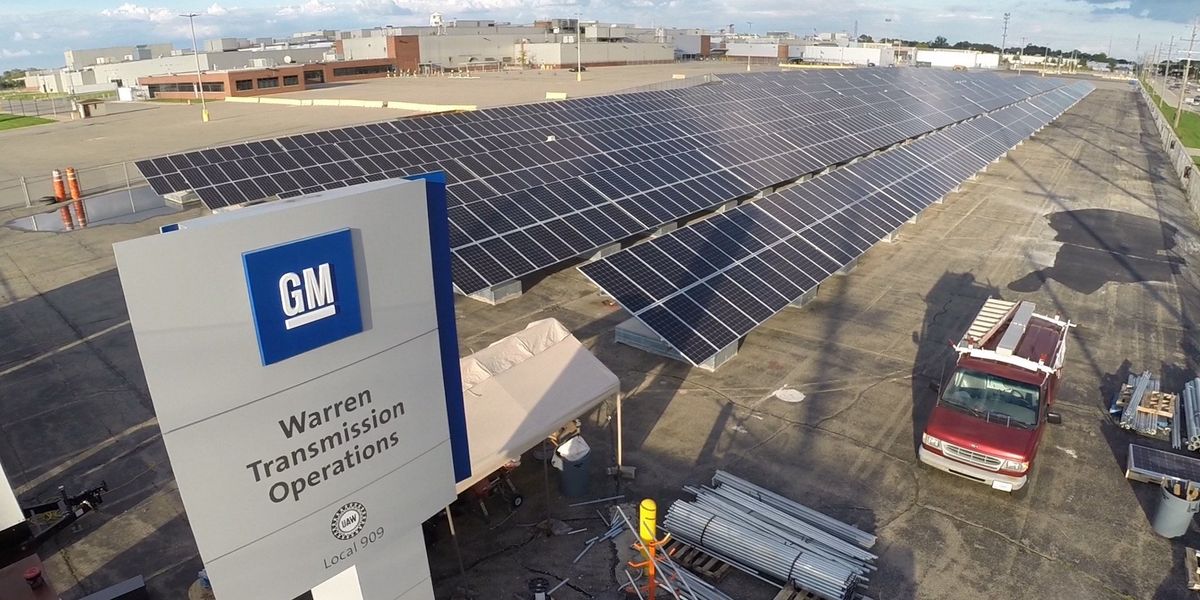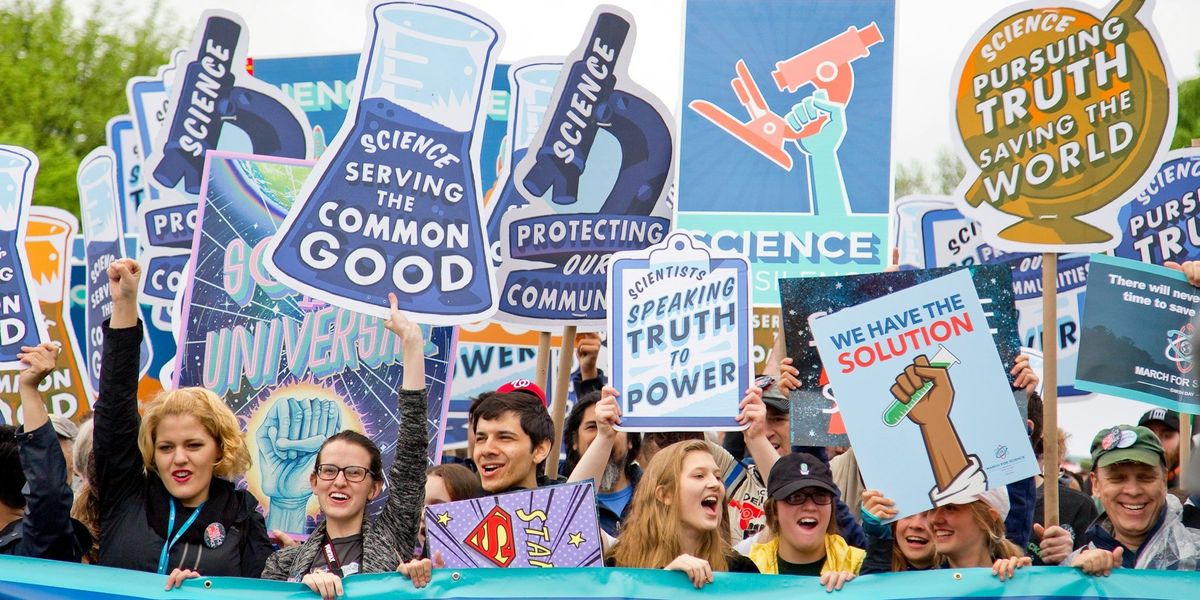
Tyson’s green beef campaign unravels amid legal challenges and climate scrutiny
Producing beef remains a major climate concern, and Tyson Foods is now facing a lawsuit over its marketing of “climate-smart” beef products that environmental advocates say mislead the public.
Natasha Gilbert reports for U.S. Right to Know.
In short:
- Tyson launched a product called Brazen Beef in 2023, claiming it produced 10% fewer greenhouse gases than conventional beef and labeling it “climate-smart,” the first such claim approved by the U.S. Department of Agriculture.
- Environmental advocates and scientists questioned the legitimacy of Tyson’s emissions reductions and criticized the company’s lack of transparency; the product was eventually pulled from the market.
- In response to mounting criticism and a lawsuit from the Environmental Working Group, Tyson defended its climate claims as protected speech and cited participation in emissions tracking initiatives, though a judge allowed the case to proceed.
Key quote:
“[U]nbeknownst to consumers, Tyson…has no plan to achieve these goals and is taking no meaningful steps to do so.”
— From the Environmental Working Group lawsuit
Why this matters:
Beef is among the most environmentally intensive foods, contributing disproportionately to climate change through emissions of methane, nitrous oxide, and carbon dioxide. Industrial beef production not only generates these gases through feed production and manure management, but also drives land degradation and biodiversity loss. While meat companies like Tyson seek to brand their products as climate-friendly, emissions cuts fall far short of the reductions scientists say are necessary. Marketing meat as “climate-smart” can mislead consumers who want to make sustainable choices and risks delaying the meaningful action needed to decarbonize agriculture.
Related: Denmark plans world's first emissions tax on livestock













